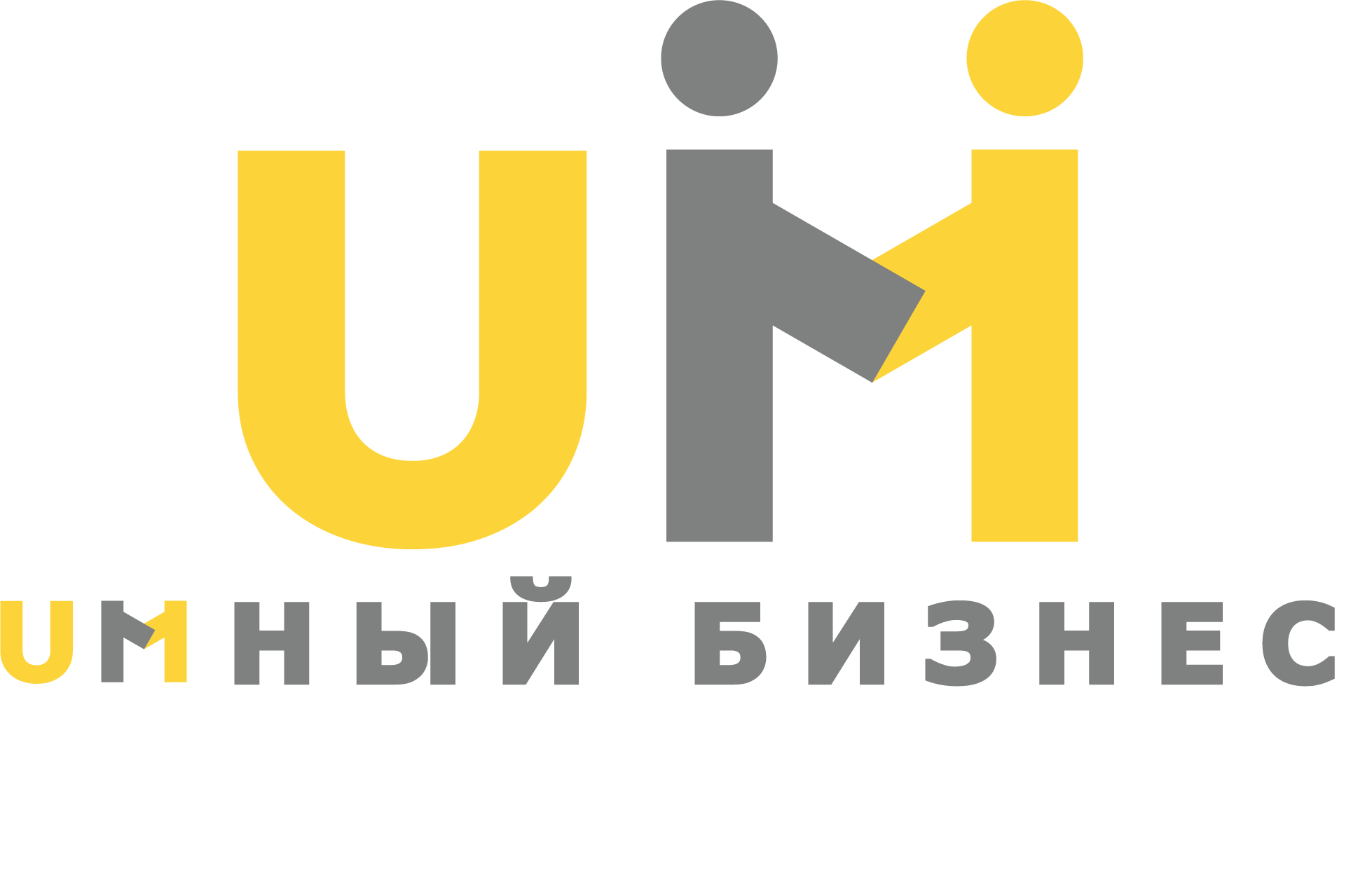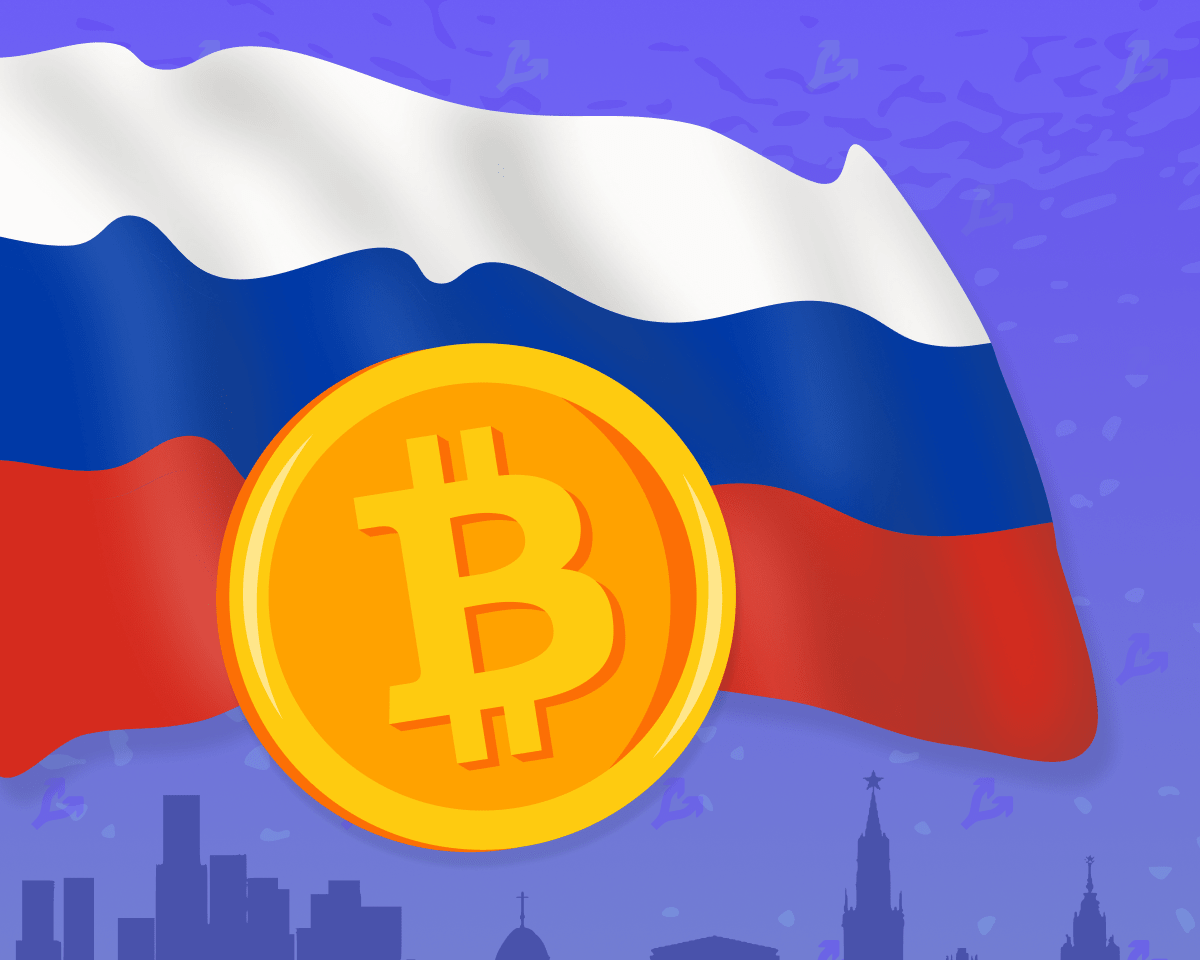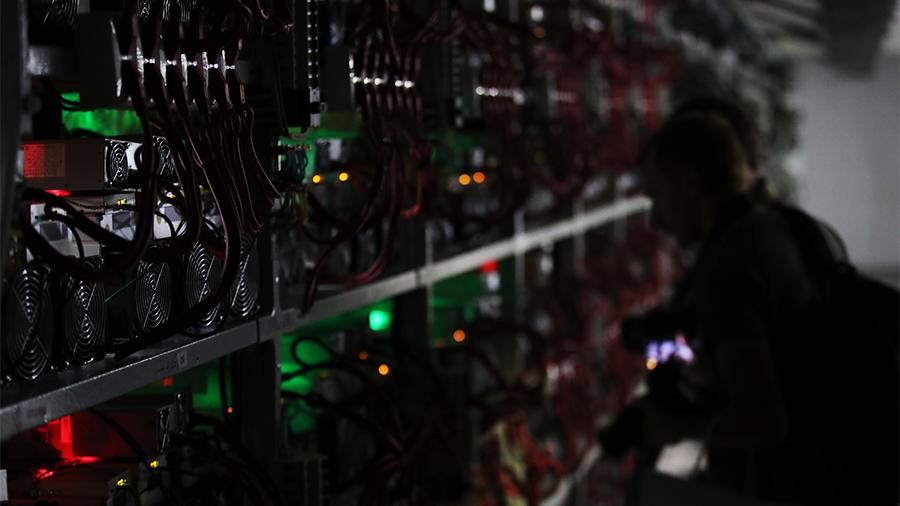The proposed regulation of digital currencies (cryptocurrencies) and digital financial assets does not meet market needs.
New laws complicate the use of cryptocurrencies in Russia and slow down the development of the distributed finance market.
Administrative and criminal liability from fines to jail time is introduced for failing to declare cryptocurrencies and operations with it.
On January 1, 2021, Federal Law N259-FZ "On Digital Financial Assets, Digital Currencies and on Amendments to Certain Legislative Acts of the Russian Federation" (the "DFA Law") came into force. Four additional bills supplementing the Law are currently being considered.
Establishing the dialogue with representatives of the Russian Federation government authorities with respect to changing the proposed laws in a positive direction, in order to create a favorable business climate and introduce a truly adequate and well-developed regulation of digital financial assets and digital currencies circulation, taking into account the interests of all parties in the "state - citizens - business " formula;
Informing all members of the crypto community about changes in the adopted and future laws governing circulation of digital financial assets and digital currencies in the Russian Federation;
Improving the financial and legal literacy of citizens of the Russian Federation when working with digital financial assets and digital currencies, including in cooperation with government.
The lack of government support in the form of tax and other benefits, practiced in some jurisdictions in relation to promising industries, and the complex regulation of the blockchain sector in Russia will have a negative impact on the market development. At the same time, it is very likely that DFA and digital currencies as property, as well as operations with them, will be subject to income tax (24%) or personal income tax (13%).
It is in our interests to convey the voice of the entire Russian crypto community to those who make decisions. The results of public and expert discussions after their completion will be sent to the Central Bank, the Ministry of Finance, the State Duma Committee on the Financial Markets and other persons involved.

















.png)


















